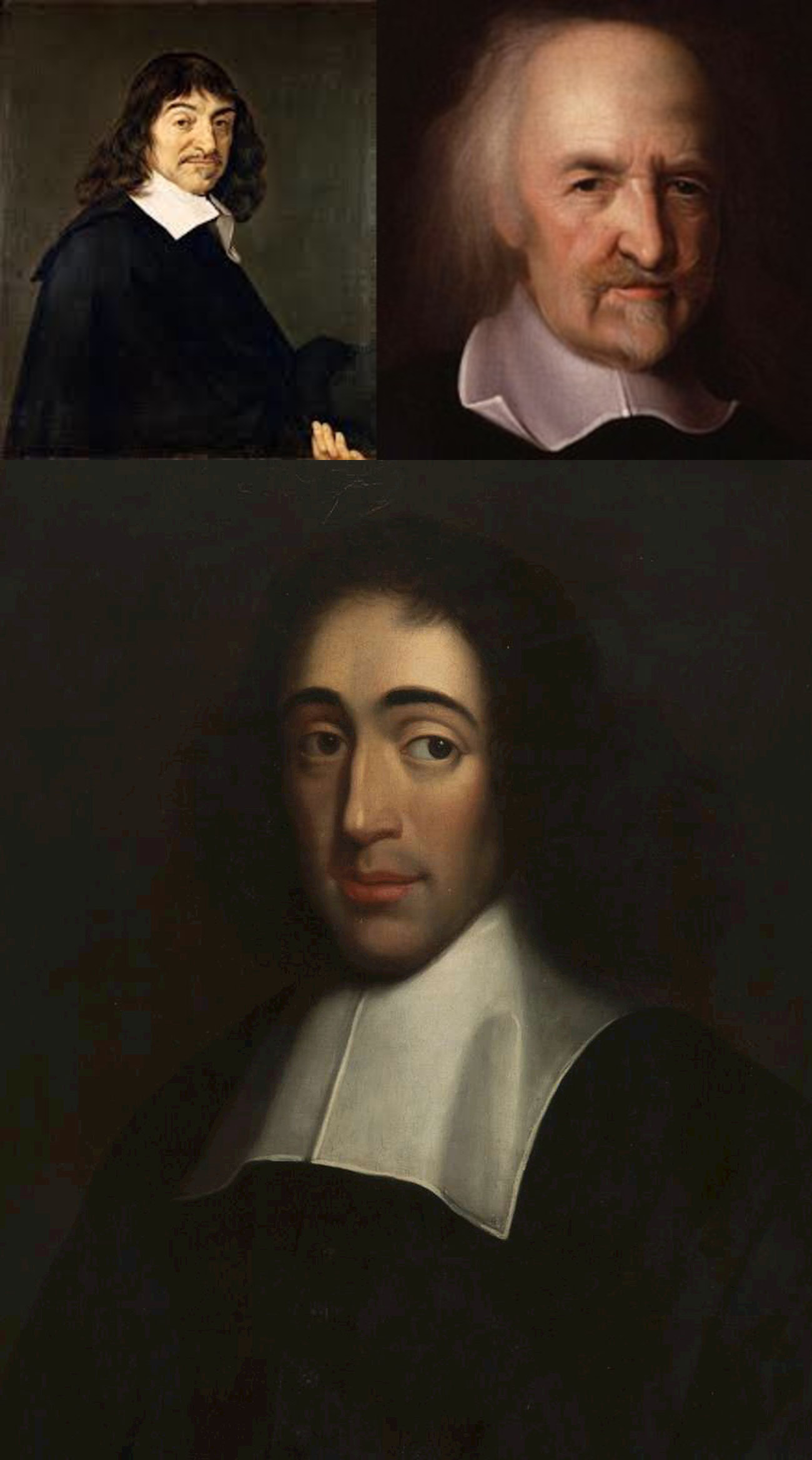AustLit
-
Editor's note: This digital portfolio was completed by Rory Brown for PHIL2013 and published by Cirrus as an example of superlative student work.
-
The early modern period is usually thought to begin with a revolution against the dominant Aristotelian paradigm at the turn of the 17th century (Ayers and Garber, 2000, p. 2). It was led by René Descartes (1596-1650) and Thomas Hobbes (1588-1679), whose rejections of the Aristotelian tradition ushered in a new era of philosophical thinking – the modern era (Woolhouse, 1993, p. 2). However, the revolutionary project arguably only manifests as a wholly separate system of thought in the work of Benedict Spinoza (1632-1677), who built upon the foundations laid by Descartes and Hobbes to create a radically different world view (Lloyd, 1996, p. 9-11).
This portfolio seeks to demonstrate through critical examination of Cartesian, Hobbesian and Spinozist metaphysics, particularly their epistemology, ontology, and method of individuation, that Spinoza is the thinker who most radically departs from Aristotelianism. In so doing, it will examine Aristotelianism, the trends in scholastic thought that preceded Descartes, the Cartesian revolution, and the problems Cartesian metaphysics encountered. It will examine Hobbesian metaphysics, contrasting it with both scholastic and Cartesian thought. It will then turn to Spinozism, and it should become clear that whilst Descartes and Hobbes started a revolution, it is Spinoza who developed the most distinct metaphysical system.
You might be interested in...





